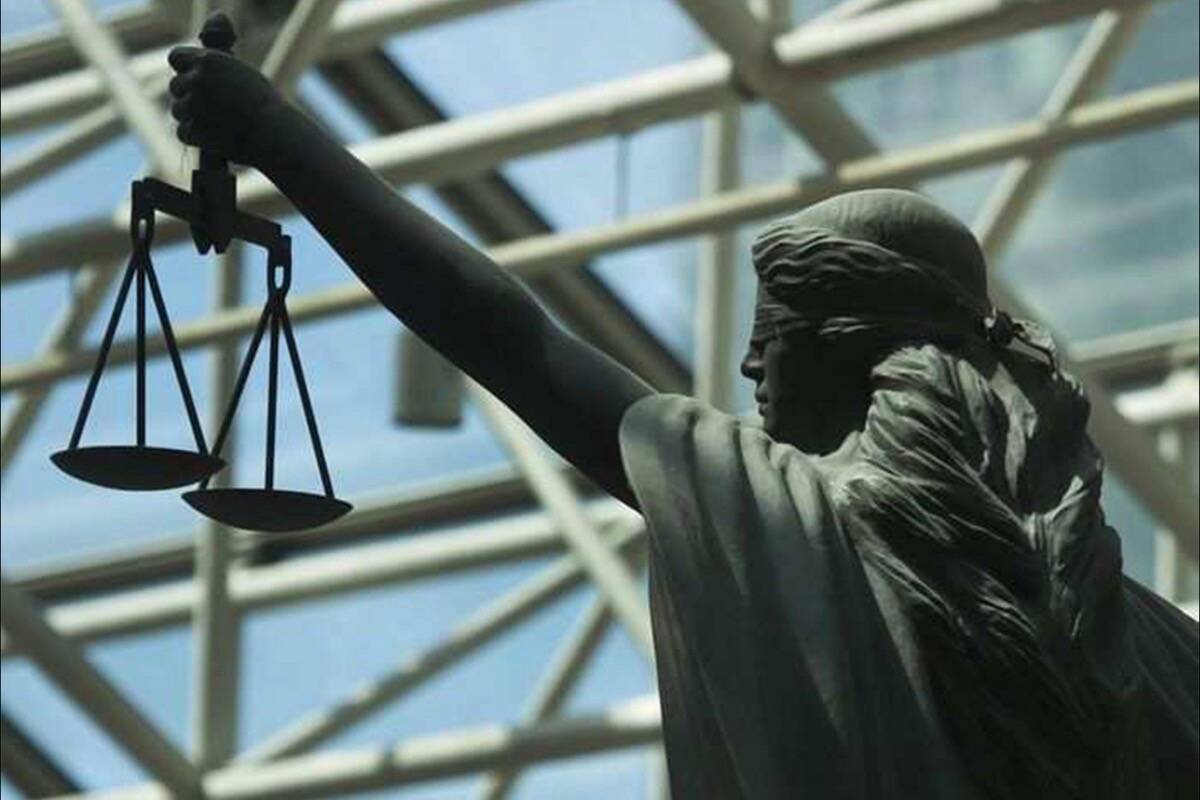A B.C. Supreme Court judge has awarded a group of Surrey residents ordinary costs for court proceedings in their 2022 court fight against the City of Surrey over the constitutionality of its signs bylaw, but he declined to grant the petitioners’ application for special costs.
“I am simply not persuaded that this dispute transcended partisan politics and personal animus or that it was not possible to pursue the litigation with private funding,” Justice Nigel Kent concluded.
“Principally,” he decided, “this is not a truly ‘exceptional’ matter of public interest.”
Kent rendered his decision in Vancouver on Oct. 20, related to Kaps v. Surrey (City). The petitioners were Annie Kaps, Debi Johnstone, Colin Pronger, Ivan Scott, Merle Scott, and Linda Ypenburg, all members of Keep the RCMP in Surrey.
The six residents in 2022 challenged the constitutionality of amendments to a City of Surrey bylaw which were approved in 2021, arguing they prohibited displaying political signs on private property.
Following the trial in Vancouver in 2022, Kent ordered the city to amend the “poorly drafted” amendments to the bylaw to eliminate ambiguity which he found arose from the definition of a political sign extending past city, provincial or federal elections “to also include political ‘issues’ generally,” with the result of capturing signage related to such things as “Keep the RCMP in Surrey”, “Save the Whales”, “Stop Logging Old Growth Forests”, “Get Vaccinated” and the like.
READ ALSO: Judge orders Surrey to rewrite its sign bylaw following constitutional challenge
READ ALSO: Surrey’s political sign bylaw being challenged in court Tuesday
READ ALSO: Surrey’s political sign bylaw condemned as anti-democratic
During the trial lawyer Kevin Smith, representing the plaintiffs, argued that the bylaw as amended on Oct. 18, 2021 presented an unconstitutional infringement on the petitioners’ freedom of expression under Canada’s Charter of Rights and Freedoms. Smith argued that the mayor at the time – Doug McCallum – and his supporters aimed to “silence the opposition of the petitioners.”
Matthew Voell, the lawyer representing the City of Surrey, argued during the 2022 trial that the contentious bylaw amendments were driven by city staff recommendations, and “not driven by animus, by council, by the mayor.”
“There was no improper purpose there,” Voell argued. “The petition should be dismissed. The petitioners appear to want change in the city – they can effect change at the ballot box.”
At trial, the petitioners sought a declaration from Kent that the amendments were inconsistent with the Canadian Charter of Rights and Freedoms and that they be declared of no legal force or effect or be quashed altogether.
“I deny the substantive relief that the petitioners seek,” Kent declared at the end of that trial. “However, I agree that the amendments were poorly drafted and that clarity of ambiguity is required. Accordingly, I grant interim relief and direct Surrey city council to further amend the Surrey Sign Bylaw to clarify its intended effect and to eliminate the said ambiguity.”
Kent noted in his subsequent Oct. 20, 2023 decision related to awarding costs that the Supreme Court of Canada decided special costs should be awarded in the context of public interest only when certain conditions are met.
“First, the case must involve matters of public interest that are truly exceptional. It is not enough that the issues raised have not previously been resolved or that they transcend the individual interests of the successful litigant: they must also have a significant and widespread societal impact,” the judge noted.
“Second, in addition to showing that they have no personal, proprietary or pecuniary interest in the litigation that would justify the proceedings on economic grounds, the plaintiffs must show that it would not have been possible to effectively pursue the litigation in question with private funding. In those rare cases, it will be contrary to the interests of justice to ask the individual litigants (or, more likely, pro bono counsel) to bear the majority of the financial burden associated with pursuing the claim,” he added.
Kent said he found no basis in which the City of Surrey’s conduct could be said to have engaged a public interest—much less an “exceptional” public interest – that had “a ‘significant and widespread societal impact’ outside of this local political context.”
Kent accepted the city’s “benign intent of the bylaw amendments” and found the petitioners’ claims of “bad faith or an improper purpose” hadn’t been proven in this “rather unusual” case.
While the city “was clearly not the successful party in this proceeding,” the judge noted, the petitioners had “appropriately sought judicial review of the Surrey Sign By-law amendments in the circumstances and obtained a remedy, albeit one that neither party anticipated” and were “thus the substantially successful litigants and are entitled to costs of the proceeding.”

